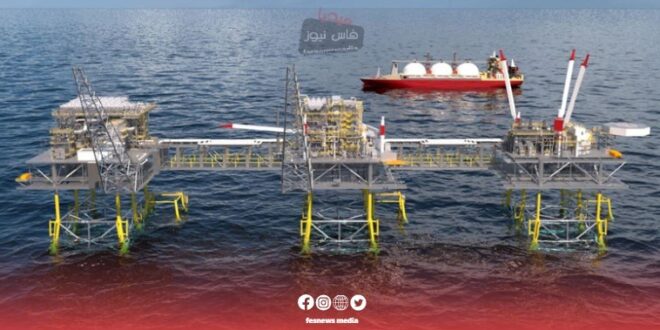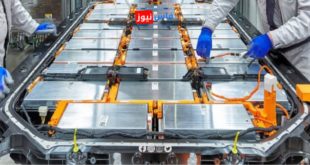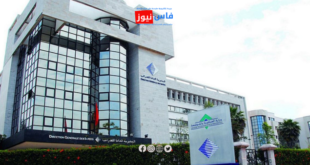Nador, Thursday, June 6, 2024: Morocco has announced plans to build the country’s first floating liquefied natural gas (LNG) terminal at Nador Port, part of its efforts to enhance energy security and reduce reliance on gas imports from neighboring countries.
Tender for the Floating Terminal:
Abdelghfour El Hajoui, Director of the Oil and Gas Sector at the Ministry of Energy Transition and Sustainable Development, revealed the ministry’s intention to issue a tender this summer for the construction of the floating terminal. Financial closure for the project is expected in 2025, with construction and commercial operations commencing in 2026.
Nador Port: A Strategic Location:
Nador Port was chosen as the site for the floating terminal for several compelling reasons, including:
- Proximity to Spain: Spain is currently one of Morocco’s main LNG suppliers, with Morocco relying on its terminals to regasify gas purchased from international markets.
- Existence of the Morocco-Spain Gas Pipeline: The gas pipeline passes through Nador, making it an ideal location for storing and regasifying gas.
Reducing Gas Transportation Costs and Time:
Morocco aims to reduce the cost and time of transporting LNG from Spain to the kingdom through the establishment of this terminal. Gas will be transported directly from international suppliers to the Nador terminal, rather than being shipped to Spanish terminals and then via the Maghreb-Europe Gas Pipeline.
A Step Towards Energy Independence:
The construction of the Nador terminal is part of Morocco’s broader strategy to strengthen its energy security and reduce its reliance on energy imports. The ministry intends to build two more LNG regasification terminals on the Atlantic coast, in Mohammedia and Dakhla, in the coming years.
Multiple Benefits:
The establishment of these terminals will bring several advantages to Morocco, including:
- Reduced gas transportation costs: The terminals will significantly lower gas transportation costs.
- Shorter gas transportation time: This will contribute to improving the efficiency of Morocco’s energy supply.
- Enhanced energy security: Reduced reliance on imports will minimize the risk of energy supply disruptions.
- Support for economic growth: These terminals will attract foreign investment and create new job opportunities.
A Significant Step Towards a Sustainable Energy Future:
The construction of the first floating LNG storage and regasification terminal at Nador Port is a significant step towards a more sustainable energy future for Morocco. These terminals will help reduce greenhouse gas emissions and strengthen the country’s energy security.
 فاس نيوز ميديا جريدة الكترونية جهوية تعنى بشؤون و أخبار جهة فاس مكناس – متجددة على مدار الساعة
فاس نيوز ميديا جريدة الكترونية جهوية تعنى بشؤون و أخبار جهة فاس مكناس – متجددة على مدار الساعة













